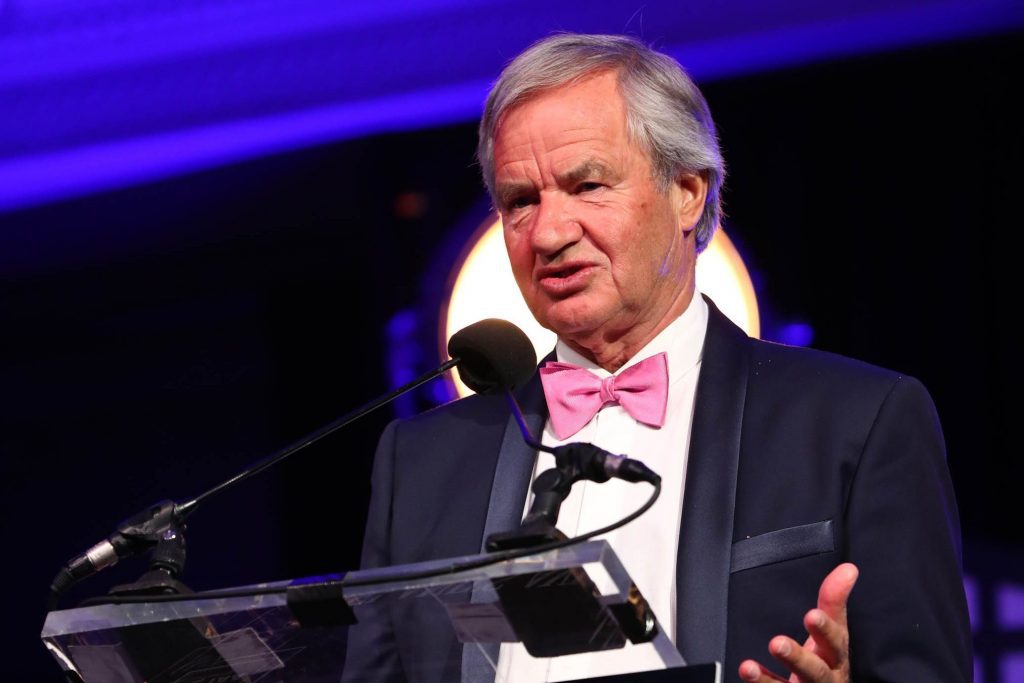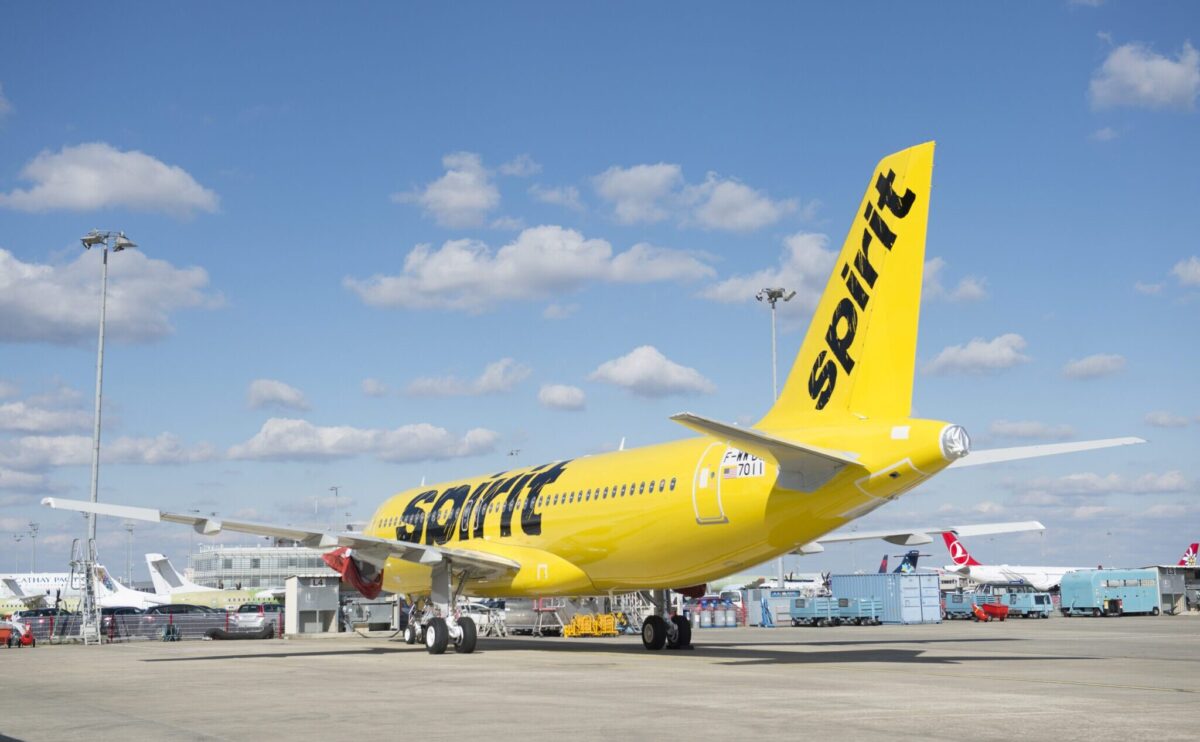Norwegian Air CEO Is More Worried About UK Passenger Taxes Than Brexit

Skift Take
Brexit is a huge worry for the aviation industry for numerous reasons and many chief executives have been happy to speak out about the potential detrimental effects.
Norwegian is in an interesting position in that rather than acting as a single airline it has (at the moment) four distinct subsidiaries: two in Norway, one in Ireland, and one in the UK.
The UK is Norwegian's fifth largest market and chief executive Bjorn Kjos doesn’t expect to see much of a change as a result of Brexit — at least in the long-haul market. That's because the UK will be much more attractive as a destination with the depreciation of the pound, even if outbound demand is sluggish.
That might be part of the reason why the airline has pivoted away from short haul out of its base at Gatwick airport.
“Of course when you think about retired people flying over [to] Spain, you will see a decrease in people flying, they can’t afford to buy that much… but otherwise for the long haul I don’t think you will see that impact because it will be cheaper to fly into London and stay in London,” Kjos said.
It appears so far for Norwegian that any weaker demand from the UK is being balanced out by more inbound demand from overseas.
For Kjos there is, however, a bigger problem in the UK’s Air Passenger Duty tax, which brings in billions of pounds for the government but the industry hates it.
“Actually what’s damaging to the tourist flying is the APD… there’s no doubt about that. We see it clearly when we’re flying those low-fare trips to the U.S. There’s a lot more people flying out of Ireland than flying out of Scotland – it shouldn’t be [that way]. It’s clearly an impact from the APD,” Kjos said.
The Republic of Ireland scrapped its own air travel tax in 2014 and many in the industry argue that the UK should do that same (the UK has eliminated the tax for long-haul flights from Northern Ireland.)
From looking at Norwegian’s website and from past statements, it appears as though the company is simply absorbing the tax. For flights of more than 2,000 miles the government currently levies £78 (about $99) for the “lowest class of travel available on the aircraft.” This represents a sizable chunk of Norwegian’s lead-in long-haul fares. If the UK did decide to get rid of the tax would Norwegian pass this on with lower fares or use it to improve its margins?
Heading to South America
Kjos was speaking Thursday in London at the Argentinian ambassador's residence as Norwegian unveiled its new direct route to Buenos Aires, Argentina from the UK. High ticket prices characterize travel between Europe and South America and the company hopes that its low-cost fares, which start at $379 (£299) one way, will “break the current monopoly.”
British Airways is the only airline to fly direct from the UK to Argentina. It seems likely that this won’t be Norwegian’s only incursion into the South American country as it is expected to open a domestic operation there with flights to Cordoba.
“Willie Walsh is a smart guy, they like competition and this is good competition,” said Kjos.
Should Kjos add service from Barcelona to Buenos Aires it would bring Norwegian into direct competition with IAG’s new low-cost offshoot, Level. Kjos isn't worried about going head-to-head, in fact he thinks it will benefit the airlines.
“It boosts up the traffic and that’s extremely good because then more and more people can travel .... Everybody thinks it's [competition's] bad but it is not bad. It's actually boosting traffic and [like] all the low-cost carriers we go for volume.”
John Grant, senior analyst at OAG, agreed with Kjos’s optimistic assessment.
“Any market can be stimulated through price and Norwegian are very good at creating those new markets. In the period from April 2016 to March 2017, OAG’s booking data suggest that some 51,000 bookings were made between London and Buenos Aires of which nearly half travelled via an intermediate point; most frequently Madrid,” he said.
“With that size of market you could comfortably expect the market to grow by more than 50 percent in the first year of operation. It will be interesting over time to see if British Airways will continue to operate a daily service from Heathrow or perhaps scale back frequency, route traffic via Madrid with their partner Iberia and seek to use some of those slots for other network opportunities. Only time will of course tell on that point.”




